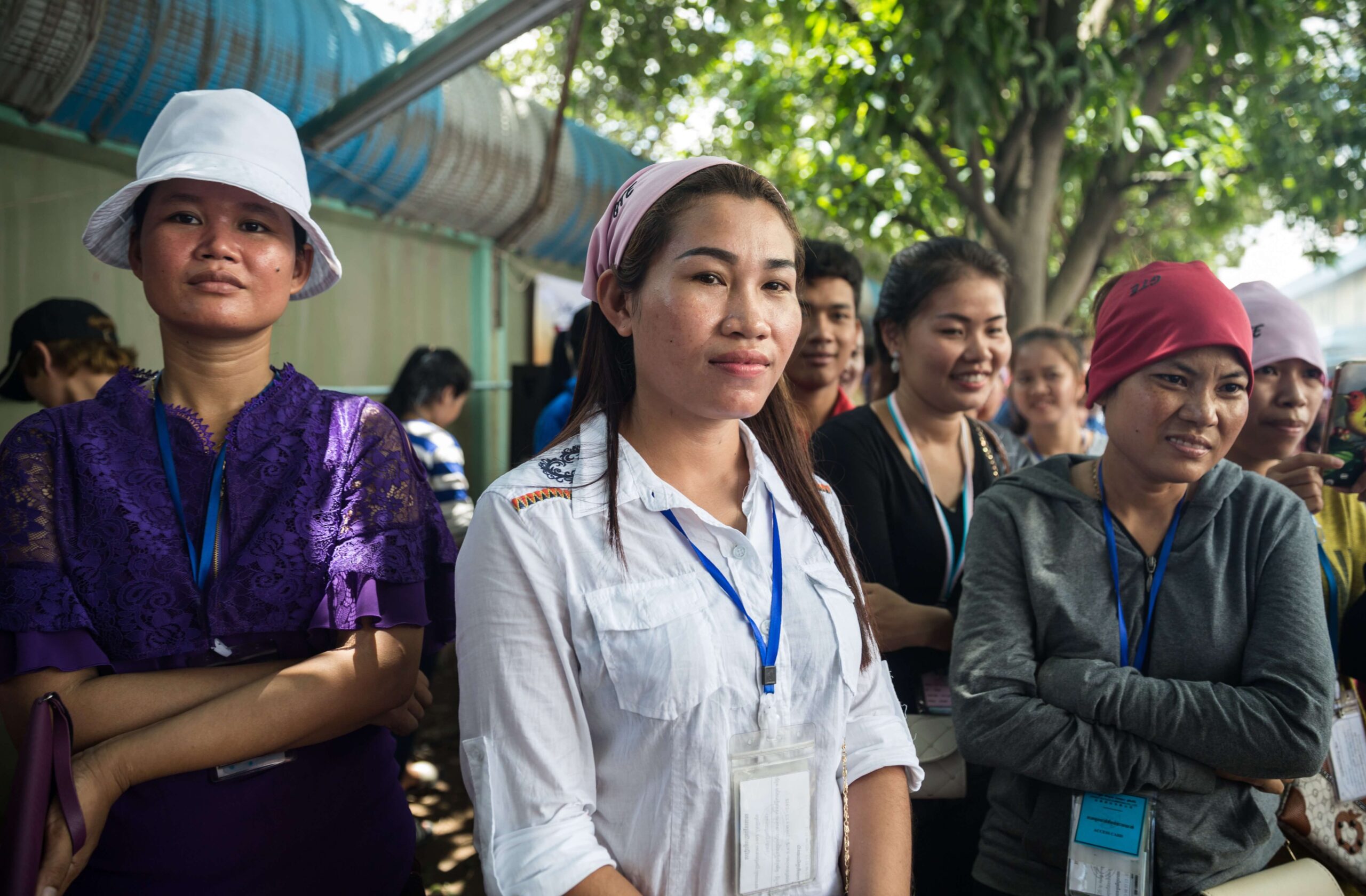
Latest
1 July 2025 | 5 min read
Impact
Annual Review 2024
We’re proud to share our collective impact in MSI’s 2024 Annual Review. Read stories of courage, strategy and grit.
Resource

Explore the latest
Topics
All
Abortion
Adolescents
Contraception
Crisis settings
Digital health
Gender equality
Health systems
Impact
Leave no one behind
Policy and advocacy
Quality
Self-managed health
Types
All
Explainer
News
Opinion
Other
Press release
Research
Resource
SafeAccess
Story
Webinar
Explore the latest
Latest posts
Story
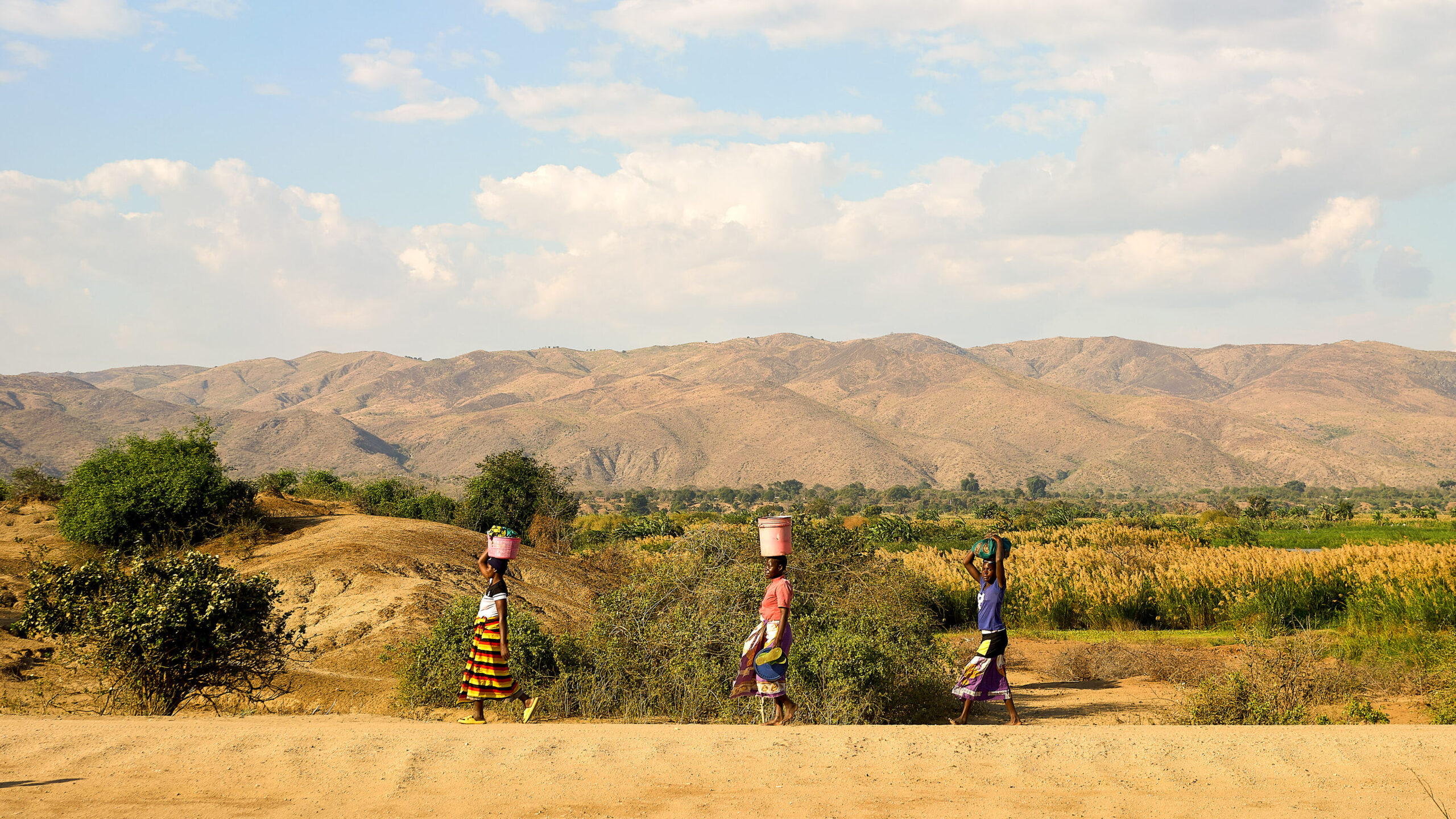
2 July 2025 | 5 min read
Crisis settingsGender equality
Global voices: Reflections on climate & choice
Three people share perspectives on how the climate crisis intersects with reproductive health.
Story
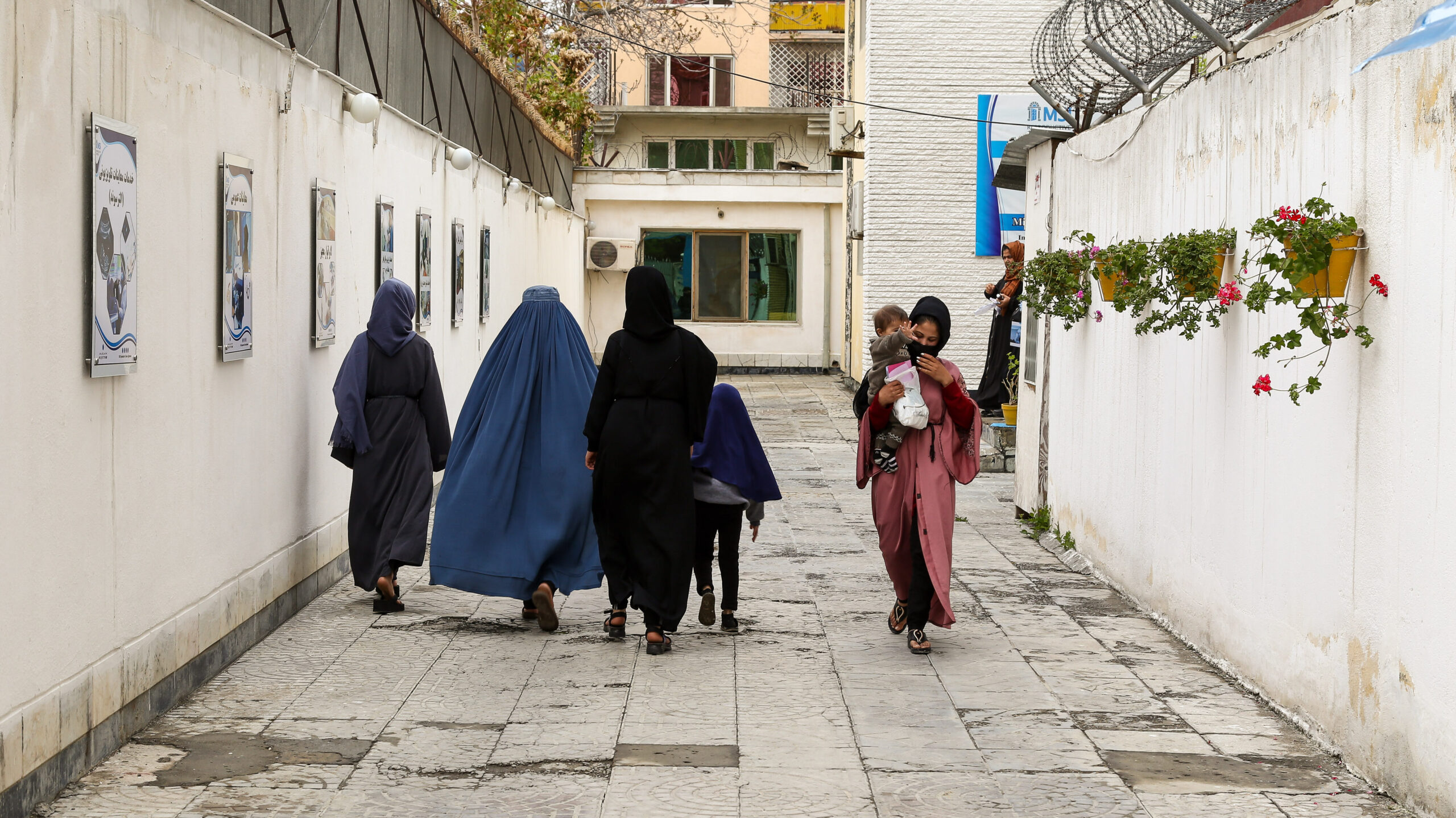
28 February 2025 | 5 min read
Crisis settingsGender equality
Powered by Afghan women: delivering reproductive healthcare in Afghanistan
For over twenty years, MSI’s local teams have provided life-saving maternal health and family planning services in ...
Story
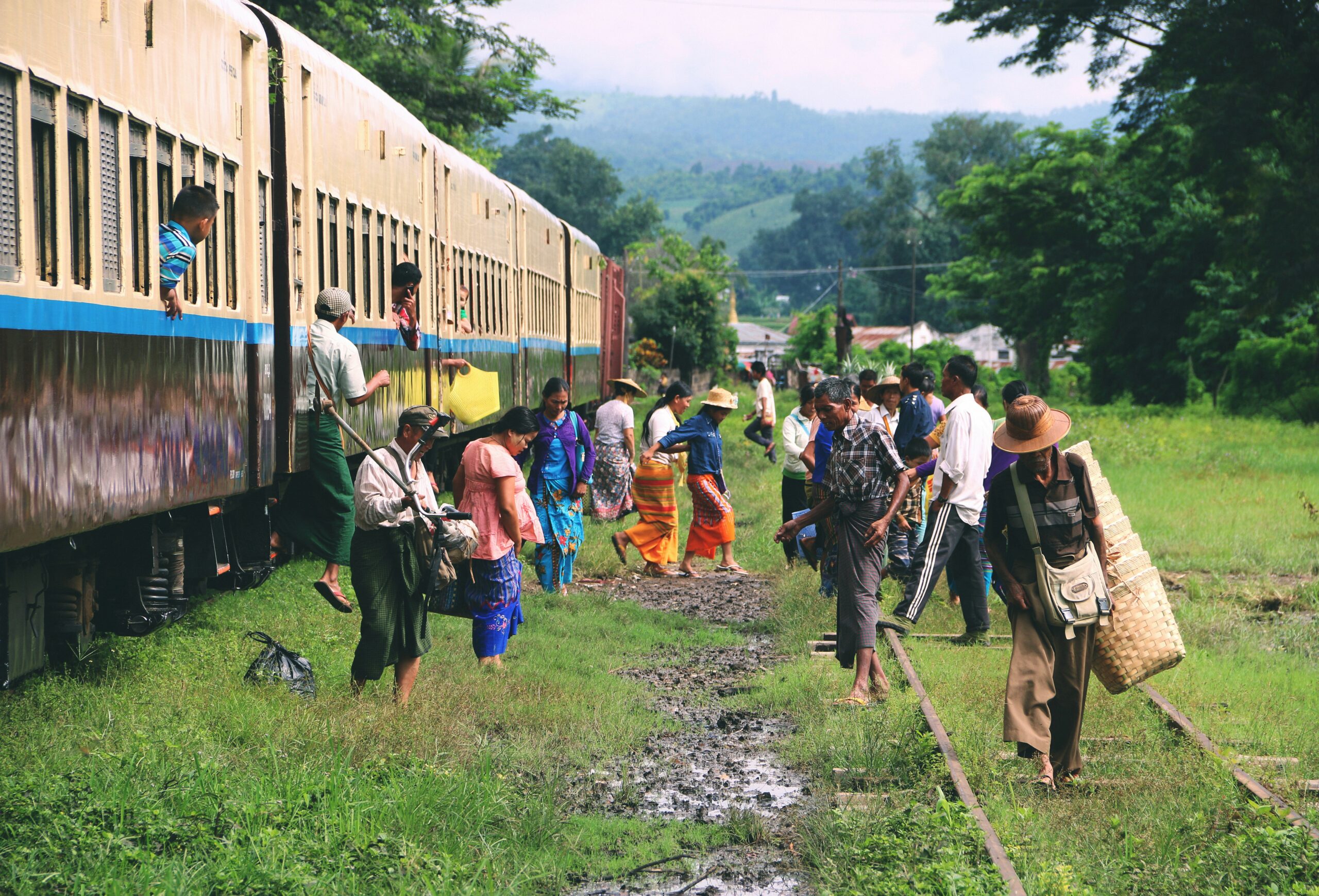
15 July 2024 | 5 min read
Crisis settingsImpact
Mi Mi: I choose choice by providing healthcare in a humanitarian crisis
Mi Mi leads programme support for MSI Myanmar. She manages our frontline staff’s safety and ability to deliver care, which ...
Story
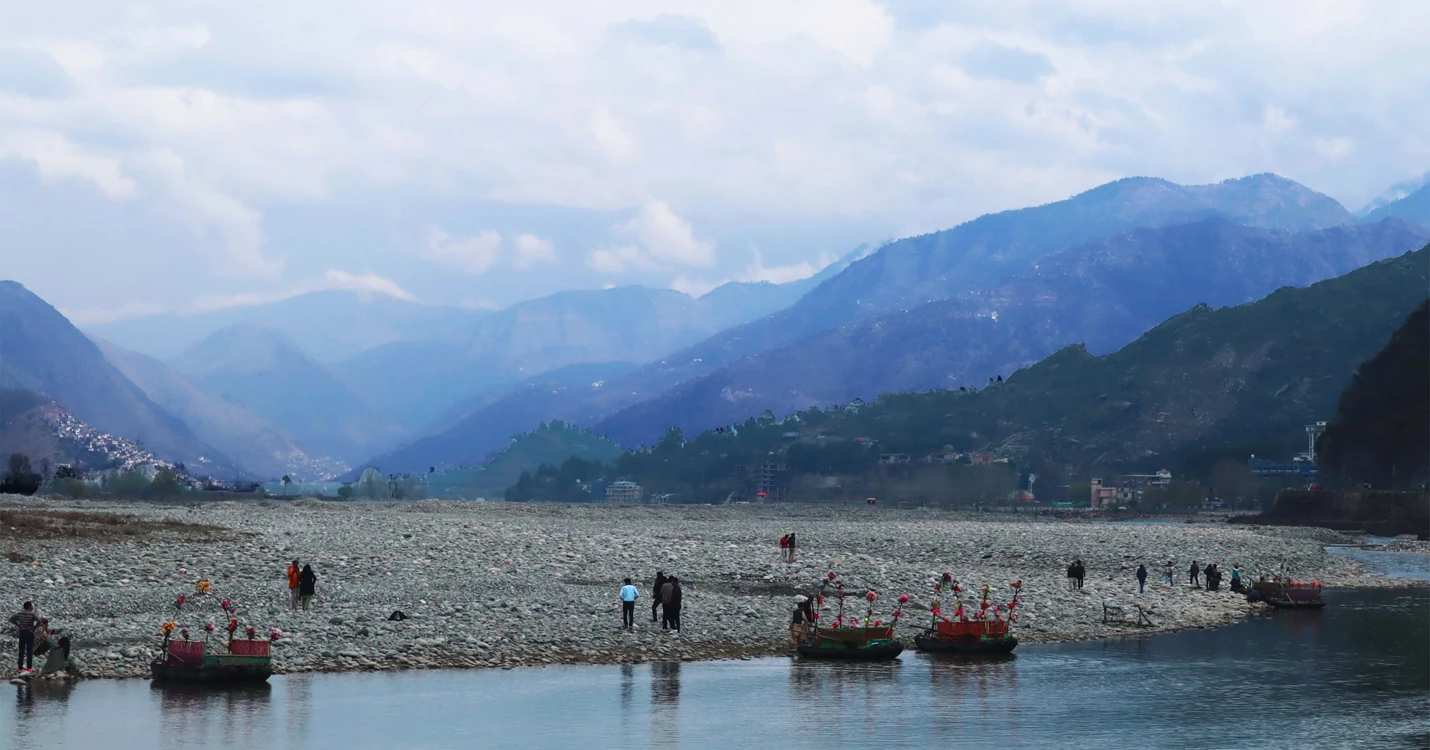
15 August 2023 | 6 min read
ContraceptionCrisis settings
Protecting reproductive health during Pakistan’s floods
MSI is supporting Marie Stopes Society (MSS), a locally registered NGO in Pakistan that is rallying to support people. In ...
Story
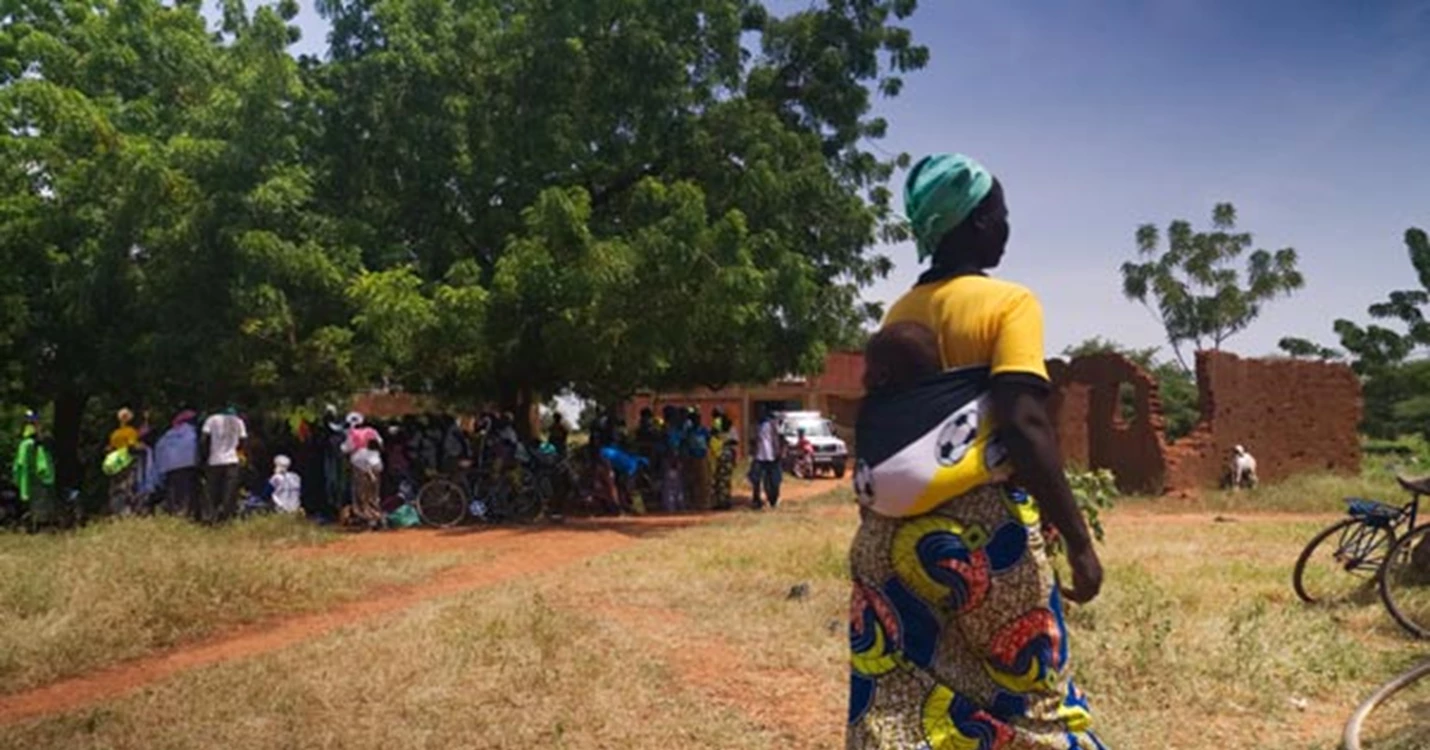
19 August 2021 | 4 min read
ContraceptionCrisis settings
Bringing choice to displaced women in Burkina Faso
In Burkina Faso, there are currently over one million Internally Displaced Persons (IDPs). Around 40% are hosted in the ...
Story

19 August 2020 | 9 min read
Crisis settingsImpact
COVID-19: Stories from the frontline
Our providers continue to show courage and determination in the face of adversity. We are in the midst of a global pandemic ...





